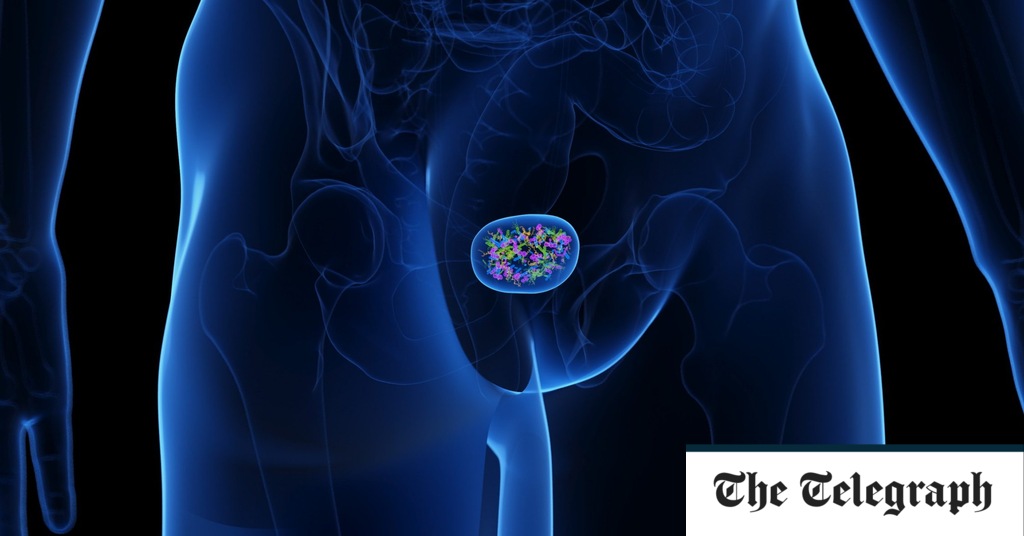Infection
Cause of painful recurring UTIs discovered by scientists
Recurring and persistent urinary tract infections (UTIs) may be caused by bacteria hiding in the wall of the bladder to avoid medication, a study suggests.
It is thought the ability of bacteria to stow away in the bladder could explain why some women suffer from symptoms even after completing a course of antibiotics.
Scientists from University College London made artificial bladders using human cells and infected the lab organs with six different types of bacteria, including E. coli.
The lab-grown bladders are the most sophisticated in the world, consisting of around eight layers of cells and are the size of a five-pence coin.
Around a quarter of a million people die of UTIs every year globally after contracting a superbug strain of the infection, and one in four UTIs recurs within six months.
Antibiotics work in most cases against UTIs but it was previously not known why some cases do not resolve following medication. The condition disproportionately affects women and is an area that often gets little funding.
Prof Jennifer Rohn, senior author of the study, said the team found a range of ways in which the bacteria avoided being killed by drugs.
“One of the key observations was the importance of persistence,” she added.
“If you want to be a successful pathogen, you have to have strategies that help you to survive treatment and hide from patrolling immune cells, which means you live to fight another day.
“Some species of both ‘good’ and ‘bad’ bugs formed pods within the bladder wall, most likely as a way of surviving in this harsh environment.
“If this happens with a friendly bug, this isn’t a problem, but if the bug is causing an infection, this poses a serious problem for diagnosis and treatment because the bacteria aren’t necessarily going to be detected in a urine sample or be in a position where oral antibiotics can reach them.”
The variety in responses from the bacteria shows that a one-size-fits-all approach is unlikely to be effective in treating UTIs.
The researchers also found that human cells are very good at identifying “friendly” bacteria.
“This study confirms what many women who’ve struggled with persistent UTIs already know, which is that the current methods of diagnosing and treating these infections are inadequate,” Prof Rohn said.
Carolyn Andrew, the director of the Chronic Urinary Tract Infection Campaign, said: “This research has been instrumental in providing unequivocal evidence for our national campaign to improve testing and diagnosis of chronic, persistent UTIs.
“Professor Rohn’s work in this field is a vitally important step forwards and should help tens of thousands of women in the UK to receive effective diagnosis and treatment of a chronic infection in their bladders.”
The findings have been published in the journal Science Advances.

